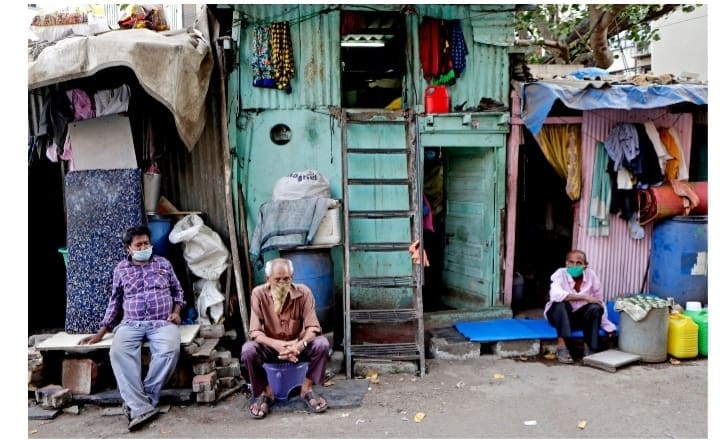It is a ‘recipe for large-scale privatisation, effect on the poor people.
The economic package announced by Union Finance Minister Nirmala Sitharaman over the last five days is nothing but a “recipe for large scale privatisation, enriching the rich and impoverishing the poor”, CPI(M) general secretary Sitaram Yechury said on Monday. At a press conference through social media, he said the package had failed to address either the current challenge of the COVID-19 pandemic or the sufferings caused by the lockdown, which was extended for the fourth time on Sunday. He said, “This economic package has nothing to do with self-reliance. It’s a recipe for large-scale privatisation, enriching the rich and impoverishing the poor.” He called upon all like- minded parties to come together to put pressure on the government to extend financial help to the States, who are the front line fighters in the battle. The entire package was yet another jumla, he stated. “The additional ₹40,000 crore under the Mahatama Gandhi National Rural Employment Guarantee Act doesn’t suffice. There is ₹11,000 crore pending arrears of the last year’s payment. If you take that away, then that allocation is far too little to meet the needs of eight crore migrants who are on the streets as per Finance Minister Nirmala Sitharaman,” he said.
This allocation had to be further increased. “This too is a demand generated allocation, which means it will be released only when there is a demand. Often, in the past we have seen that money allocated has not been released because of their claim that there was no demand. It’s a false claim, which they have been getting away with,” he alleged. During the last two months, NPA worth ₹68,600 crore had been written off by the government when it failed to provide one-time loan waiver for farmers. Instead of providing monetary help, the government had put the entire onus on banks by taking the loan route. “Which bank is going to give loan, when they have been told to cut down on NPAs,” he asked. The basic problem with the economy was a dip in demand. “Unless you increase the purchasing power of people, you can’t revive the economy. Now that can be increased only if there is massive dose of public investment to build our much-needed infrastructure, which in turn will generate jobs.” Instead, he said, the government was trying to delegate it to the private sector. With a high gestational lag in such projects, private entities would not want to invest. The economic package did not have any announcements in this direction.

